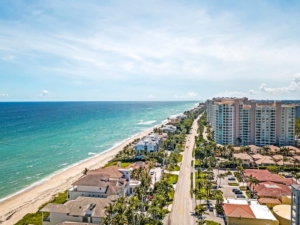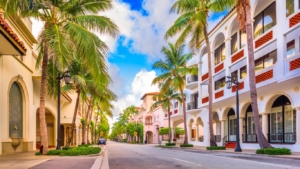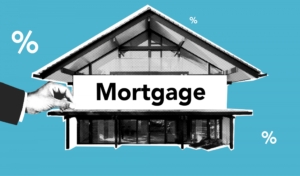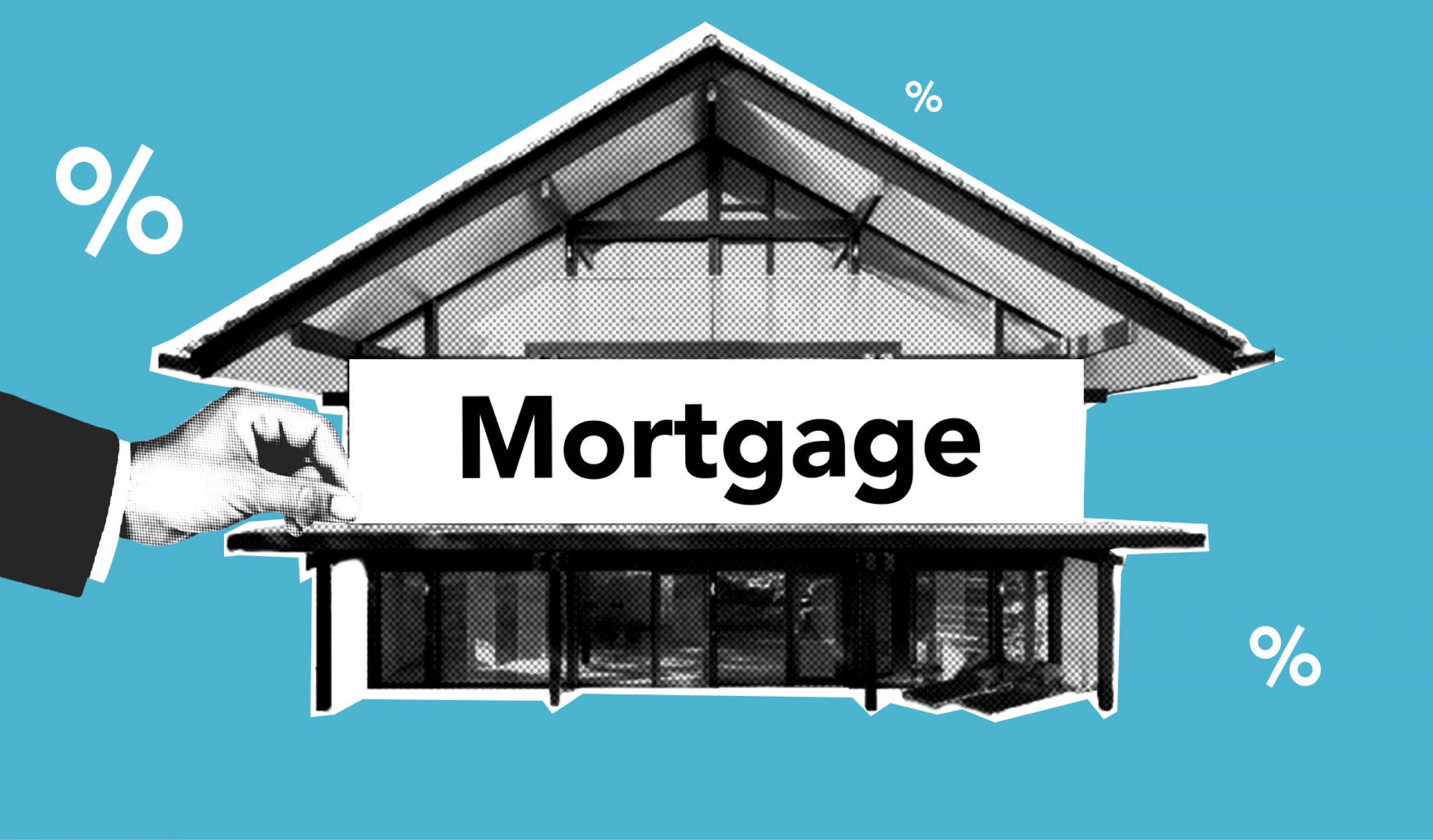Florida's Affordable Housing Crisis: Innovative Solutions Taking Shape
The Growing Housing Challenge in South Florida
The affordable housing crisis in Florida, particularly in Miami-Dade County, has reached critical levels as rental costs continue to surge beyond the reach of many residents. The region's housing market has experienced unprecedented pressure, creating a perfect storm where even working professionals struggle to secure safe, affordable accommodation. Recent data shows Miami rents have increased by nearly 25% over the past two years, forcing many residents to allocate over 50% of their income to housing costs—well above the recommended 30% threshold.
The ripple effects of this crisis extend beyond individual hardship, affecting community stability, workforce retention, and economic growth. Healthcare workers, educators, and service industry employees—essential to the region's functionality—are increasingly priced out of the communities they serve. This growing disconnect has prompted local authorities, healthcare systems, and nonprofit organizations to develop innovative solutions that address both immediate needs and long-term housing sustainability.
Healthcare System Steps Up: Jackson Memorial's Housing Initiative
In a groundbreaking move to address housing challenges for essential workers, Jackson Health System has approved an ambitious redevelopment plan near its flagship hospital. The project will transform the existing Jackson Medical Towers into a comprehensive housing complex specifically designed to support the healthcare workforce while adding much-needed affordable units to Miami's housing inventory.
The development, in partnership with Related Urban, will bring over 800 apartment units to the area adjacent to Jackson Memorial Hospital. What makes this project particularly significant is its targeted approach—prioritizing housing for healthcare workers while setting aside substantial portions for general workforce housing. Units will be available to individuals and families earning between 50% and 120% of the area's median income, with rent caps ensuring long-term affordability.
"Healthcare workers spend their careers taking care of our community, but many struggle to find affordable housing near their workplace," said a Jackson Health System representative. "This development addresses both a critical workforce need and contributes to Miami's broader housing solution."
The mixed-use complex will feature not only residential units but also an extended-stay hotel component to accommodate patients' families and medical visitors, creating a comprehensive ecosystem around the hospital campus. Construction is expected to begin by mid-2025, with the first residents moving in by early 2027.
Nonprofit Organizations Expand Their Mission
Miami-Dade County's nonprofit sector has long been at the forefront of addressing homelessness, but organizations like Camillus House and The Caring Place are evolving their approaches to meet changing needs. These organizations report significant demographic shifts in those seeking assistance, with increasing numbers of seniors, veterans, and—most alarmingly—working families who simply cannot afford market-rate housing.
Camillus House, a cornerstone of Miami's homeless services for over 60 years, has expanded beyond emergency shelter to provide comprehensive support programs. Their model now includes transitional housing, job training, healthcare services, and life skills development—addressing not just immediate housing needs but long-term stability.
"We're seeing people who never imagined they would need our services," explains the director of programs at Camillus House. "The profile of homelessness has changed dramatically in recent years, with more first-time homeless individuals who were financially stable before facing unexpected setbacks."
One such individual is Kendrick Moore, a military veteran whose service-related injury led to job loss and eventually homelessness. Through Camillus House's veteran-specific program, Moore received not only housing but comprehensive support services.
"I never thought I'd be in this position," Moore shared. "The military was my career, my identity. When that ended unexpectedly, everything fell apart. Camillus House didn't just give me a place to stay—they helped me rebuild my life."
Similarly, The Caring Place has evolved its model to address the needs of women like Monica Colson, who at 59 found herself homeless after health issues derailed her financial stability. "I was fighting to hold on to something that needed to be condemned, but it was the only place I had to call mine," Colson recounted of her struggle before connecting with The Caring Place.
Creative Land Use: From Shopping Centers to Housing Solutions
One of the most innovative approaches to Florida's housing crisis involves repurposing underutilized commercial properties. The planned transformation of DeSoto Square Mall exemplifies this trend, with developers converting the once-thriving shopping center into much-needed affordable housing units.
This adaptive reuse strategy addresses two pressing issues simultaneously: the decline of traditional retail spaces and the critical shortage of affordable housing. The DeSoto Square Mall project will create hundreds of affordable apartments where shoppers once browsed department stores, breathing new life into a property that had fallen into disuse.
Urban planners note that such conversions make particular sense in Florida, where aging shopping centers often occupy prime locations with existing infrastructure and proximity to transportation networks. By reimagining these properties, developers can create housing options in established neighborhoods without the costs and challenges of developing raw land.
"Converting commercial properties to residential use represents a win-win solution," explains a local urban development expert. "These properties already have the necessary infrastructure connections, are typically located on major transportation routes, and their redevelopment can revitalize entire neighborhoods."
The DeSoto Square project developers have partnered with local housing authorities to ensure long-term affordability, with units targeted at families earning between 60% and 80% of the area median income. Additional community benefits include green spaces, on-site childcare facilities, and retail components designed to serve residents' daily needs.
Comprehensive Approach: Beyond Just Building Units
Experts emphasize that solving Florida's housing crisis requires more than simply constructing new units. Successful initiatives integrate housing with transportation planning, employment opportunities, and social services. This holistic approach recognizes that housing stability depends on multiple factors beyond physical shelter.
Miami-Dade County has recently enhanced its housing voucher program, offering rent subsidies to qualified residents while working with landlords to increase participation. Simultaneously, zoning reforms in several municipalities have reduced barriers to developing affordable units, particularly along transit corridors where residents can access employment centers without relying on personal vehicles.
Educational programs focusing on financial literacy and homeownership preparation complement these efforts, helping residents build wealth through property ownership when possible. Through partnerships with local financial institutions, first-time homebuyer assistance programs have expanded, creating pathways from rental assistance to homeownership for qualifying families.
Insights: Understanding Florida's Housing Solutions
Why are healthcare workers specifically targeted in new housing developments?
Healthcare workers represent an essential workforce that often needs to live near their workplace for shift coverage and emergency response. Despite their critical role, many earn salaries that don't align with Miami's high housing costs. Targeted housing initiatives like the Jackson Memorial project ensure these essential workers can live in the communities they serve while addressing broader workforce stability issues in the healthcare system.
How is Florida's approach to homelessness changing?
Florida's homelessness response has evolved from primarily offering emergency shelter to providing comprehensive support systems. Organizations now focus on addressing root causes through integrated services including mental health support, substance abuse treatment, job training, and permanent supportive housing. This holistic approach recognizes that homelessness often results from multiple intersecting challenges requiring coordinated solutions.
Can converting commercial properties really make a significant impact on housing availability?
Yes. Florida has millions of square feet of underutilized commercial space that could potentially be converted to housing. Repurposing even a fraction of these properties could create thousands of housing units in locations that already have infrastructure, transportation access, and proximity to services. These conversions are often more cost-effective and environmentally sustainable than new construction on undeveloped land.
What makes an affordable housing development successful beyond just low rent?
Successful affordable housing developments integrate multiple elements: proximity to employment opportunities, access to transportation, quality construction and amenities, supportive services when needed, and integration with the surrounding community. The most effective projects avoid creating isolated pockets of affordable units and instead foster mixed-income communities with resources that benefit all residents.
How can individual Floridians support affordable housing initiatives?
Residents can advocate for affordable housing by supporting zoning reforms that allow greater housing density, participating in community planning processes, volunteering with housing-focused nonprofits, and supporting businesses that invest in workforce housing. Additionally, understanding and challenging misconceptions about affordable housing helps reduce community resistance to these vital projects.
The path to addressing Florida's affordable housing challenges remains complex, but the diverse approaches emerging across the state demonstrate a growing commitment to innovative solutions. From healthcare system initiatives to nonprofit expansions and creative land reuse, these efforts collectively move the region toward a more sustainable housing future where all residents can find safe, affordable places to call home.












